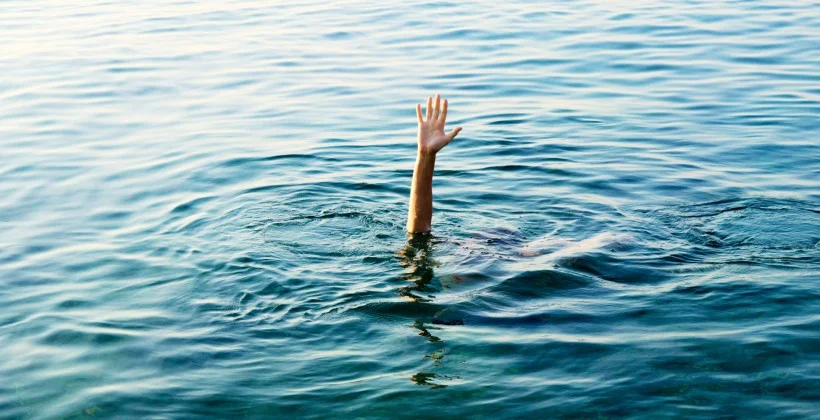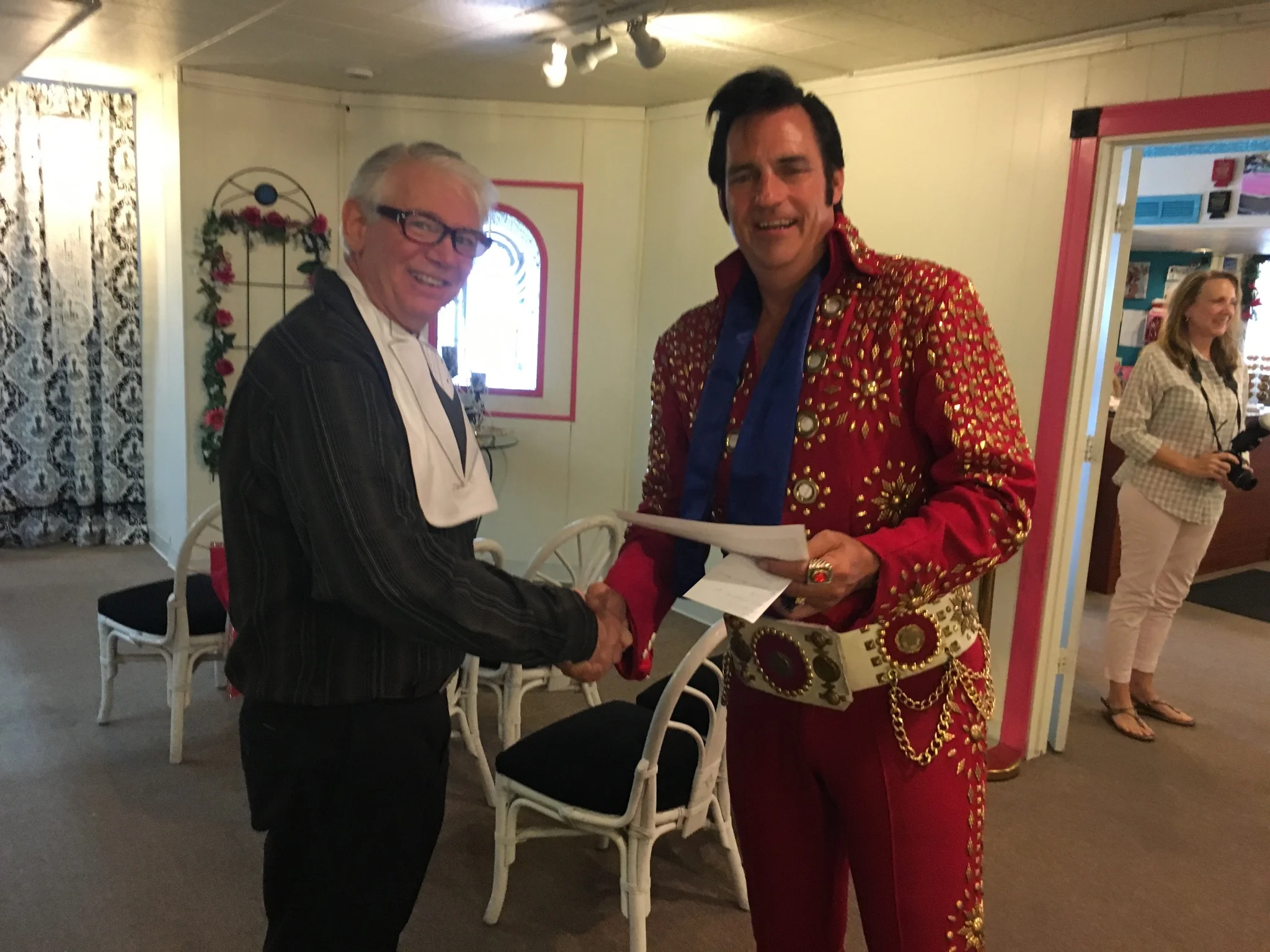Day 206 - The Good (and wet) Samaritan
Miles cruised 0, fuel purchased 0, slip fee $85, daily high temperature 76°f. Forecast for Tuesday is 80°f. We are chasing &0°f
No matter how much drama we had docking our boat it could not compare to the drama we saw today. A 40′ sailboat was attempting to depart their slip against a face dock. There was another boat close by on the same dock. A stiff wind was on their beam. In their defense (but not an excuse) they have only one engine with prop walk and no bow thruster. Prop walk refers to the preference for a single engine boat to pull to the right or left in reverse. There was a cast of thousands on the sailboat trying to fend off the fishing boat as they scraped broadside along her. Two dock hands appeared and tried to help. They climbed on the ill-fated fishing boat to try to push off. Then they jumped onto the dock to fend the sailboat off the dock. One dock hand tried to jump from the dock back onto the fishing boat as the sailboat hit the fishing boat for the 4th or 5th time. When I say he tried I mean he fell right into the water cell phone, wallet and all.
No good deed goes unpunished.
image
He climbed out of the water and immediately reached for his cell phone to try to turn it on. Not good. He should have put that phone in a jar of rice for two days to dry it out. In the mean time the sailboat gets a little space to pass the fishing boat. The skipper does not speed up to compensate for the windage. He sort of tries to drift past the fishing boat and hits it for a 6th time and tears a deep scrape in his hull from the anchor on the fishing boat. That will buff out!
image
The tour of Fort Sumter was excellent. I have been looking forward to the trip for many years. We took the ferry out to the fort and had an hour to explore. The fort is currently only one story high. It was three stories high when it was built. The Union bombarded Ft Sumter after the Confederates took it over and turned the top two stories into rubble.
image
Fort Sumter is only one story high.
image
This cannon ball was fired into the wall by Union troops.
image
Dale and Andy waitng for the ferry to Fort Sumter.
image
Through the wonders of modern technology Priscilla and I were able to watch my brother Bruce remarry his second wife Rozz for a second time at the Little Vegas Wedding Chapel. The wedding officiant was none other than Elvis.
Bruce is wearing a tuxedo bib.
image
We watched the wedding via live feed on YouTube from a bench on Market Street in Charleston, SC. In addition, a close friend from Boston, Pirate Jay sent me an email that he was in Las Vegas for a Health Care Convention. I told him my brother was getting married in an hour and he should attend. He made it to the chapel just in time. Small world.
The happy couple – Bruce and Rozz with Pirate Jay and best person Evelyn.
image
On Monday we will cruise 60 miles on the ICW to Georgetown, SC. I assume Georgetown was named after King George.
Bonus photo courtesy of Ellen Sholtes.
image
Carl (Chef) Wooden – quote of the day.
The great sea makes one a great sceptic.”
Richard Jefferies
image
John Richard Jefferies (6 November 1848 – 14 August 1887) was an English nature writer, noted for his depiction of English rural life in essays, books of natural history, and novels. His childhood on a small Wiltshire farm had a great influence on him and provides the background to all his major works of fiction.
Jeffries’ corpus of writings includes a diversity of genres and topics, including Bevis (1882), a classic children’s book, and After London (1885), an early work of science fiction. For much of his adult life, he suffered from tuberculosis, and his struggles with the illness and with poverty also play a role in his writing. Jefferies valued and cultivated an intensity of feeling in his experience of the world around him, a cultivation that he describes in detail in The Story of My Heart (1883). This work, an introspective depiction of his thoughts and feelings on the world, gained him the reputation of a nature mystic at the time. But it is his success in conveying his awareness of nature and people within it, both in his fiction and in essay collections such as The Amateur Poacher (1879) and Round About a Great Estate(1880), that has drawn most admirers. Walter Besant wrote of his reaction on first reading Jefferies: “Why, we must have been blind all our lives; here were the most wonderful things possible going on under our very noses, but we saw them not.”










